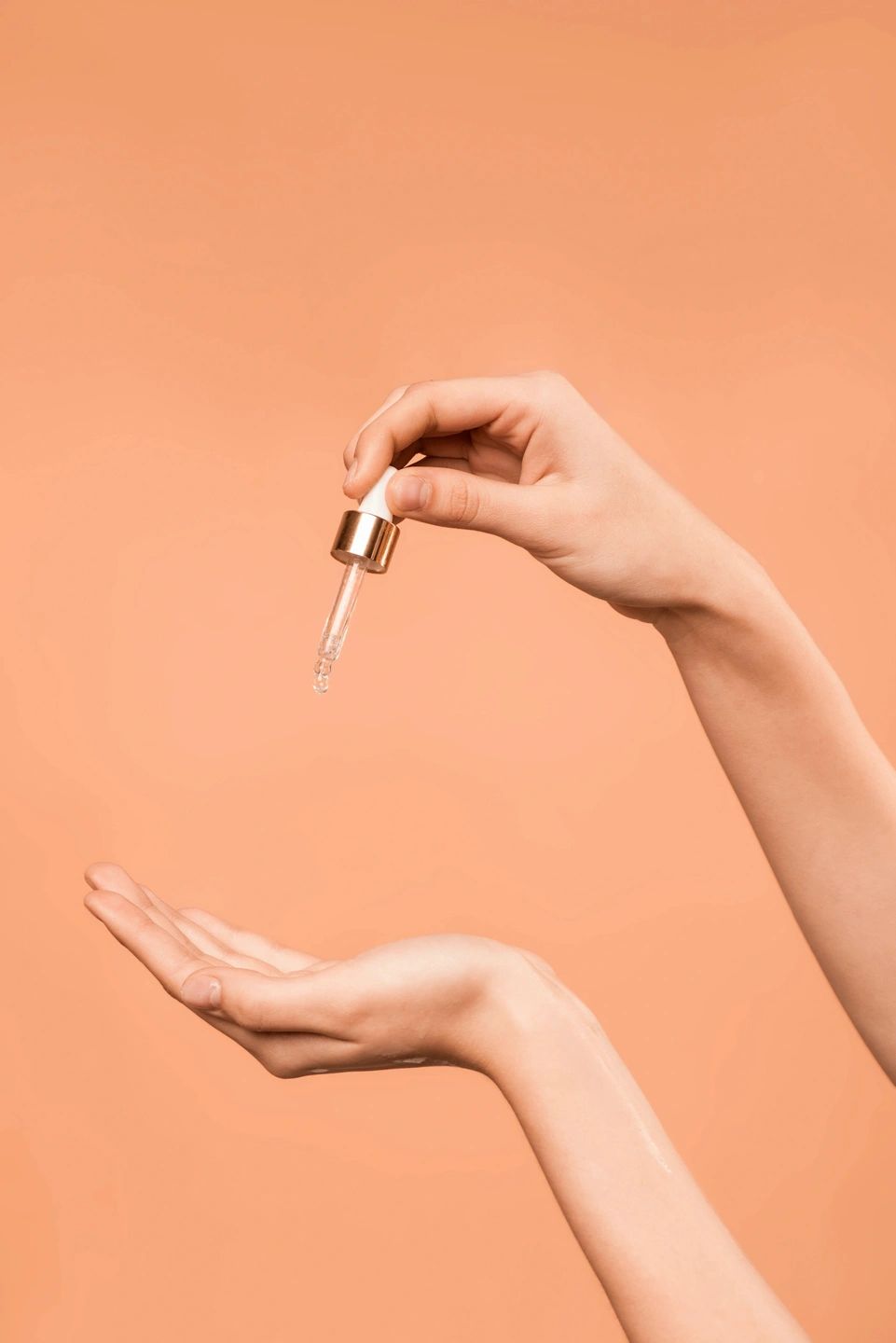Radiant skin, akin to a beacon of health and vitality, is coveted by many. Its allure transcends mere aesthetics; it speaks volumes about one’s overall well-being. In this comprehensive guide, we delve into the intricacies of achieving and maintaining bright radiant skin, exploring the interplay of internal and external factors, understanding skin biology, effective techniques, professional treatments, and natural remedies, debunking common myths, and identifying key skincare ingredients for luminous complexion.
Importance of maintaining radiant skin
Beyond its aesthetic appeal, radiant skin serves as a barometer of overall health and well-being. It signifies a harmonious balance of internal vitality and external care, impacting one’s confidence and self-esteem.
Factors Affecting Skin Radiance
Internal factors
Genetics: Genetic predispositions influence skin type, color, and susceptibility to various skin conditions, laying the foundation for individual differences in radiance.
Hormonal balance
Hormonal fluctuations, particularly during puberty, pregnancy, and menopause, can affect skin’s oil production, leading to dullness or acne flare-ups.
Nutritional status
Adequate intake of essential nutrients, vitamins, and antioxidants is vital for skin health, contributing to its radiance from within.
External factors
Environmental pollution
Exposure to pollutants like airborne particles, smoke, and toxins can compromise skin’s natural barrier function, resulting in dullness and accelerated aging.
UV exposure
Prolonged exposure to ultraviolet (UV) radiation from the sun triggers the production of free radicals, causing photoaging, pigmentation, and loss of radiance.
Skincare routine
Inadequate cleansing, improper exfoliation, or lack of moisturization can impede skin’s natural renewal process, hindering its radiance over time.
Understanding skin biology
Structure of the skin
Epidermis
The outermost layer of the skin, primarily composed of keratinocytes, serves as a protective barrier against external aggressors.
Dermis
Located beneath the epidermis, the dermis contains collagen, elastin, and blood vessels, providing structural support and elasticity to the skin.
Subcutaneous tissue
Comprising fat cells and connective tissue, the subcutaneous layer insulates the body, regulates temperature, and stores energy.’Comprising fat cells and connective tissue, the subcutaneous layer insulates the body, regulates temperature, and stores energy.
Role of melanin in skin radiance
Melanin, a pigment produced by melanocytes within the epidermis, determines skin color and protects against UV radiation. Imbalances in melanin production can lead to hyperpigmentation or hypopigmentation, affecting the skin’s overall radiance.
Techniques for achieving bright radiant skin
Proper skincare routine
Cleansing
Gentle cleansing removes impurities, excess oil, and makeup residues, allowing skin to breathe and absorb subsequent skincare products effectively.
Exfoliation
Regular exfoliation eliminates dead skin cells, unclogs pores, and promotes cell turnover, revealing a smoother, brighter complexion.
Moisturizing
Hydrating the skin with moisturizers helps maintain its natural moisture barrier, preventing dryness and enhancing radiance.
Protection from UV radiation
Sunscreen application
Daily use of broad-spectrum sunscreen with SPF 30 or higher shields the skin from harmful UV rays, preventing sunburn, premature aging, and loss of radiance.
Protective clothing
Wearing hats, sunglasses, and clothing with UPF (Ultraviolet Protection Factor) provides additional protection against UV radiation, especially during outdoor activities.
Avoidance of peak sun hours
Limiting sun exposure during peak hours (10 a.m. to 4 p.m.) reduces the risk of sunburn and UV-induced damage, preserving the skin’s radiance.
Diet and hydration
Importance of antioxidants
Antioxidant-rich foods such as berries, leafy greens, and nuts neutralize free radicals, combat oxidative stress, and promote skin repair and rejuvenation.
Hydration for skin health
Adequate water intake maintains skin hydration, plumpness, and elasticity, contributing to its radiance and overall health.
Foods for radiant skin
Incorporating nutrient-dense foods like salmon, avocados, and sweet potatoes provides essential vitamins, minerals, and fatty acids for radiant complexion.
Lifestyle modifications
Sufficient sleep
Quality sleep facilitates skin repair and regeneration, allowing cells to renew and replenish, leading to a refreshed and radiant complexion.
Stress management
Chronic stress triggers hormonal imbalances and inflammation, adversely affecting skin health and radiance. Stress-reducing activities such as meditation, yoga, or deep breathing promote skin wellness.
Regular exercise
Physical activity improves blood circulation, delivers oxygen and nutrients to the skin cells, and promotes detoxification, resulting in a radiant and healthy complexion.
Professional treatments for enhancing skin radiance
Chemical peels
Chemical exfoliation with alpha hydroxy acids (AHAs) or beta hydroxy acids (BHAs) removes dead skin cells, reduces hyperpigmentation, and stimulates collagen production, revealing brighter, smoother skin.
Microdermabrasion
This non-invasive procedure uses a handheld device to exfoliate the outer layer of the skin, improving texture, tone, and radiance, with minimal downtime.
Laser treatments
Laser therapy targets specific skin concerns such as pigmentation, acne scars, or fine lines, stimulating collagen synthesis and rejuvenating the skin for a radiant complexion.
Natural remedies for bright radiant skin
Aloe vera
Known for its soothing and hydrating properties, aloe vera gel promotes skin healing, reduces inflammation, and enhances radiance, making it an ideal natural remedy for various skin conditions.
Turmeric
This potent antioxidant and anti-inflammatory spice contains curcumin, which brightens the complexion, evens out skin tone, and reduces acne scars and hyperpigmentation.
Honey
A natural humectant, honey locks in moisture, soothes irritation, and promotes healing, leaving the skin soft, supple, and radiant.
Common misconceptions about achieving radiant skin
Expensive products guarantee results
Price does not always correlate with efficacy. Effective skincare involves understanding your skin type, and concerns, and choosing products with proven ingredients and formulations.
One-size-fits-all approach
Each individual’s skin is unique, and influenced by factors like genetics, environment, and lifestyle. Tailoring skincare routines and treatments to specific needs yields better results.
Quick fixes for radiant skin
Achieving radiant skin requires consistency, patience, and a holistic approach encompassing skincare, diet, lifestyle, and professional treatments. Quick fixes often yield temporary results and may compromise skin health in the long run.
Skincare ingredients to look for
Vitamin C
A potent antioxidant, vitamin C brightens the skin, fades dark spots, and boosts collagen production, promoting a radiant and youthful complexion.
Retinoids
Derived from vitamin A, retinoids stimulate cell turnover, increase collagen synthesis, and diminish fine lines, wrinkles, and pigmentation, revealing smoother, brighter skin.
Hyaluronic acid
This humectant attracts and retains moisture in the skin, plumping up the complexion, improving texture, and imparting a radiant glow.
In the pursuit of bright radiant skin, understanding the interplay of internal and external factors, adopting effective skincare techniques, incorporating natural remedies, debunking myths, and embracing key skincare ingredients are paramount. By nurturing skin health from within and protecting it from external aggressors, one can achieve and maintain a luminous complexion that radiates vitality and confidence.
Please like, comment, and share this article if you found it helpful and
informative.
Visit https://bigtownbulletin.com if you would like to see more of this content.
Please like, comment, and share this article if you found it helpful and
informative.
For more news check out Big Town Bulletin News
For more from Big Town Bulletin check out Big Town Bulletin


